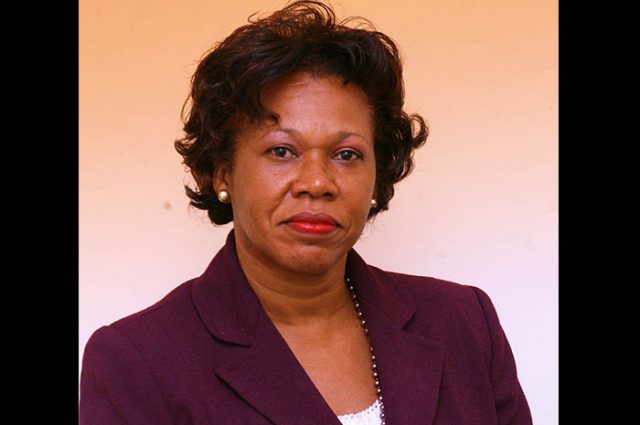JIS: Over 900 board members representing 489 public educational institutions participated in training sessions conducted by the National Council on Education (NCE).
The NCE is a statutory body under the Ministry of Education, Youth and Information (MOEYI) responsible for the training of school board members, in collaboration with the National College for Educational Leadership (NCEL).
Executive Director of the NCE, Merris Murray, told JIS News that the training sessions, which were held during the period January to March, are legal requirements under the Education Act and Regulations and the NCE Act of 1993.
“The school board members occupy the highest level of authority within schools, and are responsible for the governance machinery,” she noted, adding that it is critical that these persons are aware of what the thrust of the Ministry is and what their responsibilities are in ensuring that schools are effectively governed.
The participants were exposed to various aspects of school management and governance, which include Legal and Regulatory Framework Governing School Operations; Administrative/Human Resources Management; Fiduciary Responsibilities with special emphasis on Financial Management; Promoting Positive School Ethos, and Conflict Management and Resolution.
Ms. Murray explained that the purpose of the workshops was to increase board members’ knowledge and understanding of educational issues and governance procedures, as well as to equip them with the necessary skills and expertise in order that they may carry out their work more effectively.
“We hope that the information shared will not only deepen school board members’ understanding of their role and responsibilities, but that it will also impact student outcomes in a positive way,” she said.
According to Ms Murray, the training was well received, and some of the participants indicated that they are now better equipped to go back to their schools to impact the education process.
“Some felt that the information shared in terms of promoting positive ethos was very critical, because it is important that they know what their roles and functions are, so that they can carry them out in keeping with the law, and impact student outcomes positively,” she said.
Research has shown that where schools are effectively managed and governed, they are better able to meet the needs of students in a holistic way. School boards are made up of representatives from student councils, academia, administrative and clerical staff, principals, church and Trust schools as well as council nominees.
The training covered the Ministry’s Regions Three, Four, Five and Six. Come September 2018, school Board members in Regions One and Two will begin training.
CAPTION: Executive Director of the National Council on Education (NCE), Merris Murray.


